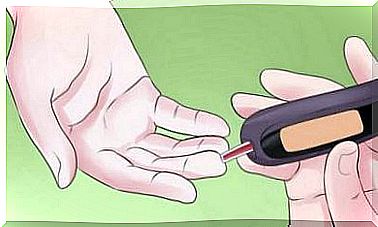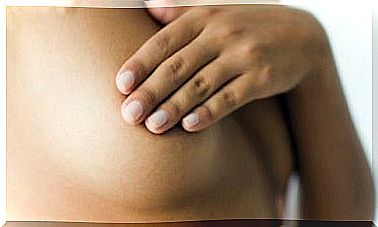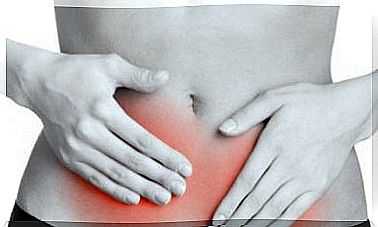The Consequences Of A Gluten-free Diet
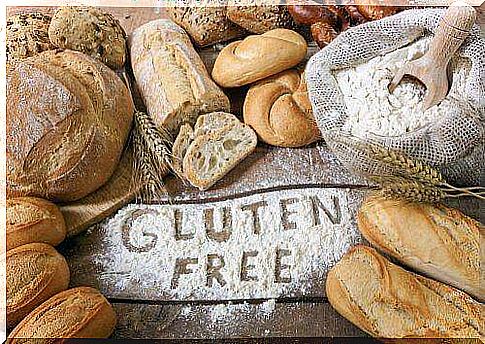
The consequences of a gluten-free diet are diverse. Such a diet appears to provide certain health benefits, but this is not always the case. This leads to a debate about whether a gluten-free diet really has positive effects or whether it is nothing more than a new fad.
Gluten-free diet in people who do not have celiac disease

Gluten-free diets have become very popular these days due to the belief that consuming this food can lead to weight loss. This is not true and while gluten is not an essential protein, it is not recommended to eliminate it from your diet if you do not have celiac disease.
First, it is essential to state that some people may have a certain sensitivity or intolerance to gluten. Of course, a specialist must diagnose these conditions. If you’ve been diagnosed with gluten intolerance, it’s important to eliminate all gluten from your diet.
- In addition, a gluten-free diet is sometimes beneficial for people suffering from inflammatory bowel disease or autoimmune disorders.
- It can also be good for those who suffer from hormonal or even neurological disorders. In these cases, the doctor will discuss this with the patient.
However, it is important to note that only people with a gluten intolerance or a similar health issue should follow a gluten-free diet. Removing this food from your diet for no reason is not recommended and is only a reflection of a widespread belief based on myths.
Ultimately, the most important thing is to eat a balanced diet that includes both plant and animal foods, as well as whole grains and dairy products.
Whether for a special need or wish or not, you should not blindly believe that a gluten-free diet will benefit you in any way.
celiac disease
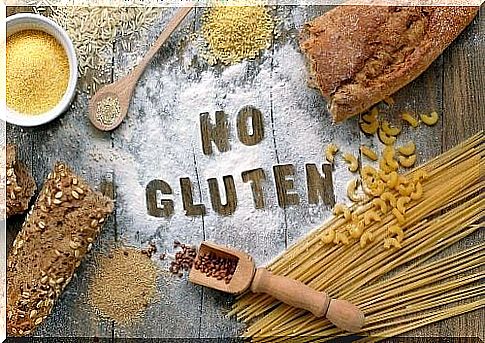
Celiac disease is a permanent intolerance to gluten of unknown origin. This condition often causes chronic inflammation of the mucous membrane of the small intestine and progressive atrophy of the intestinal villi of this organ. People diagnosed with this condition must follow a gluten-free diet for life.
For starters, the symptoms that can detect gluten intolerance are often related to digestive problems. These symptoms include:
- Gas formation
- Bloated feeling
- Stomach ache
- Diarrhea
- Constipation
In addition, other problems can also arise such as skin problems, fatigue or sleep disorders.
One of the most important classic characteristics of people with celiac disease is that it is very difficult for them to gain weight. This is because the villi of the small intestine cannot properly absorb nutrients. Logically, this also means that they cannot absorb calories from food.
However, it is now known that there is also another group of patients who find it difficult not to develop serious overweight. The exact cause of this problem has not yet been discovered.
However, cutting out gluten-containing products unnecessarily can make you lose control of your weight, meaning you’ll gain more weight than you would if you were consuming them. That could be because gluten-free products often contain more fat and sugar to make them tastier.
Gluten sensitivity without celiac disease
This condition affects between 1% and 6% of the population. To treat this, doctors recommend that people who are sensitive to gluten eliminate it from their diet as well.
Irritable bowel syndrome is often linked to gluten sensitivity without celiac disease. A gluten-free diet can then help to reduce the symptoms. In total, it affects about 15% of the population. This problem is accompanied by:
- Stomach ache
- Diarrhea
- Flatulence
On the other hand, some people are allergic to some wheat proteins. However, this can vary between children and adults. In this sense, children are often affected by a more classic allergy that often disappears during childhood.
In general, these types of allergies have very different symptoms, from itching to intestinal complaints. Due to the difficulty of diagnosing these conditions, the only treatment option is to eliminate wheat and products derived from it. Then you should also follow a gluten-free diet, but also avoid gluten-free wheat products.
Whatever it is, it’s important to know that a gluten-free diet is only beneficial for someone who suffers from:
- celiac disease
- gluten hypersensitivity
- an allergie
- other intestinal problems
So you should not exclude gluten from your diet to lose weight without medical necessity. Guidance by a specialized dietician is necessary because one of the consequences of a gluten-free diet can be that you develop certain deficiencies.
